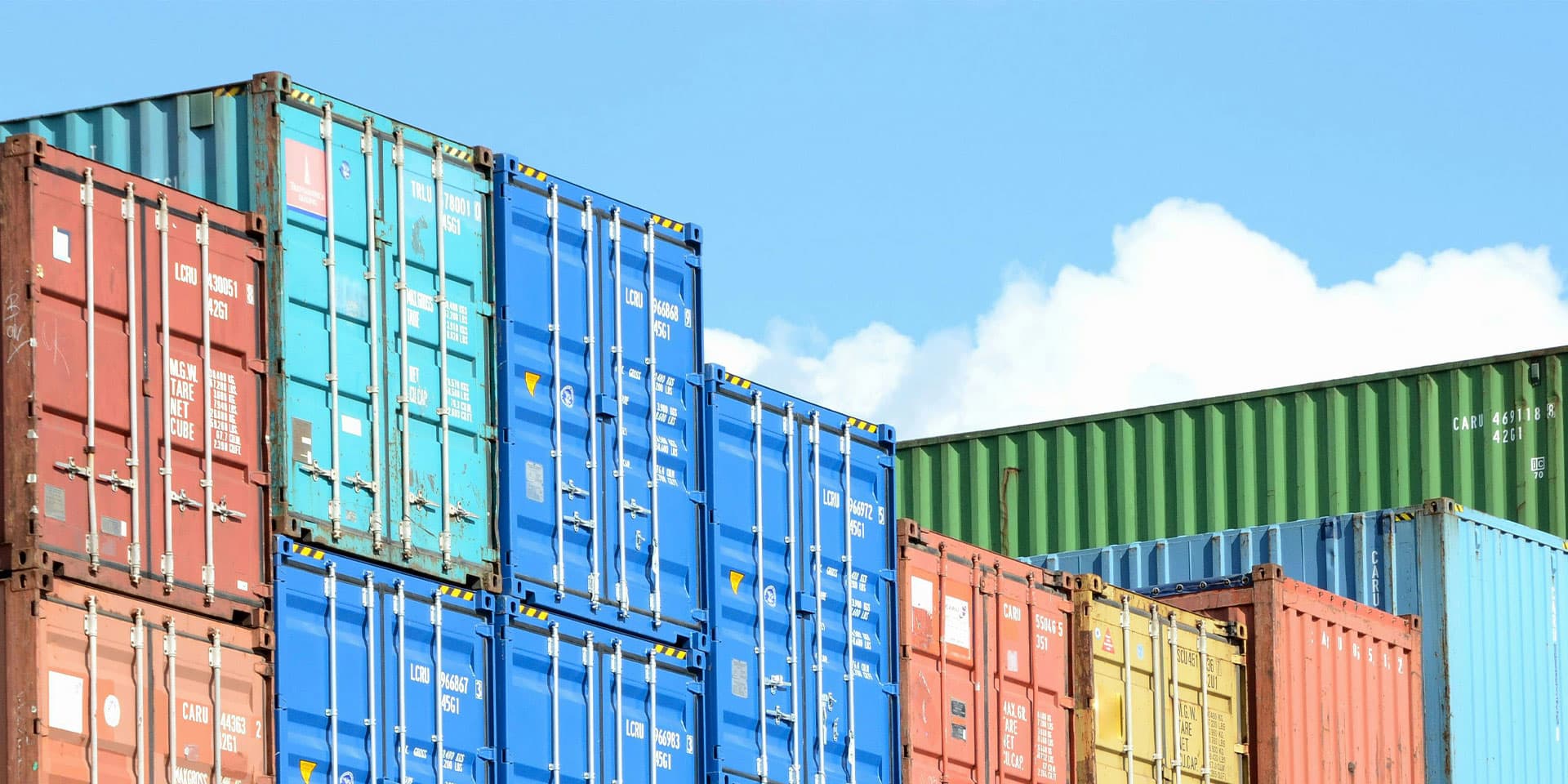Trading up
Domenico Del Sorbo talks to LIBF about the trade finance qualifications he has taken, why they have been important in his career, and how he sees trade finance developing
Most of us don’t think too hard about how everyday goods arrive at our homes and offices. They just do, or so it seems. It was pausing to wonder about how goods are actually moved around the world that first piqued the interest of Domenico Del Sorbo in trade.
“In the early 1990s, as a young university student, I had an interesting experience in a canning company that exported its products to Europe,” says Domenico. “As an export manager, I realised that knowledge of foreign trade techniques and, in particular, of Incoterms® and payments was not very widespread in the industry.” Because European integration was picking up pace at that time, Domenico decided it would make good professional sense to find out more.
He graduated with a degree in International Trade from the University of Naples in 1995 and completed a Master's degree in International Business at MIB in Trieste in 1998. He set up his own international payments consultancy in 1999. However, looking back, he says: “I had a very limited and unscientific knowledge of both international payments and trade finance in general.”
What he did have was lots of practical experience and a deep interest in what he was doing. “I like the idea of finding solutions to cover the seller's payment risk and the buyer's performance risk in an international transaction, with the understanding that international trade is a vehicle for peace, which is so needed at this time,” he says.
Getting qualified
After ten years, Domenico decided to bolt some specific technical knowledge onto his practical know-how. “I felt the need to approach international payments, and trade finance in general, with a more scientific and less empirical approach,” he says.
"From 2010 onwards, I undertook specialised training across the entire area of trade finance and set out to consolidate and certify it with internationally recognised qualifications. Hence the LIBF certifications that make my profile internationally recognisable.”

Domenico Del Sorbo
LIBF Qualified Trade Finance Specialist
Domenico is the holder of:
and because he holds those five, he's automatically awarded with the Diploma for Qualified Trade Finance Specialist (QTFS) – the industry-recognised mark of excellence, acknowledging deep expertise in trade and transaction banking.
Studying alongside running your own business is clearly challenging. What did it take? “It wasn’t easy, but I managed to carve out time slots,” says Domenico. “The biggest challenge was, in my opinion, understanding the rationale of trade finance instruments as part of an international rather than a ‘national’ logic.” He adds that analysing the various practical exercises in the case studies was fundamental to properly understanding the trade finance instruments.
“I really appreciated the case studies,” he says. “They allowed me to significantly improve skills that are very useful to me, but the technical aspects were also very helpful.”
What the future holds for trade finance
Domenico sees three challenges in the near future of trade finance: the digitalisation of its processes, the need to become sustainable, and staying compliant with wider regulations. “If properly managed, these three will consolidate the growth trend of international trade. Trade finance will become more available globally and allow more people to seize trade opportunities, especially those in high-risk geographies,” he says.
When it comes to his own career, Domenico says: “the secret is always the same: keep up to date with specialised skills…that can be used to help clients”.
Inspired by Domenico Del Sorbo's rise to the top?
Discover more about how our award-winning trade and transaction banking qualifications can support your career growth.
Related articles

Introducing the Certificate in International Trade Risk (CITR)
06 June 2024
Addressing specific industry needs

